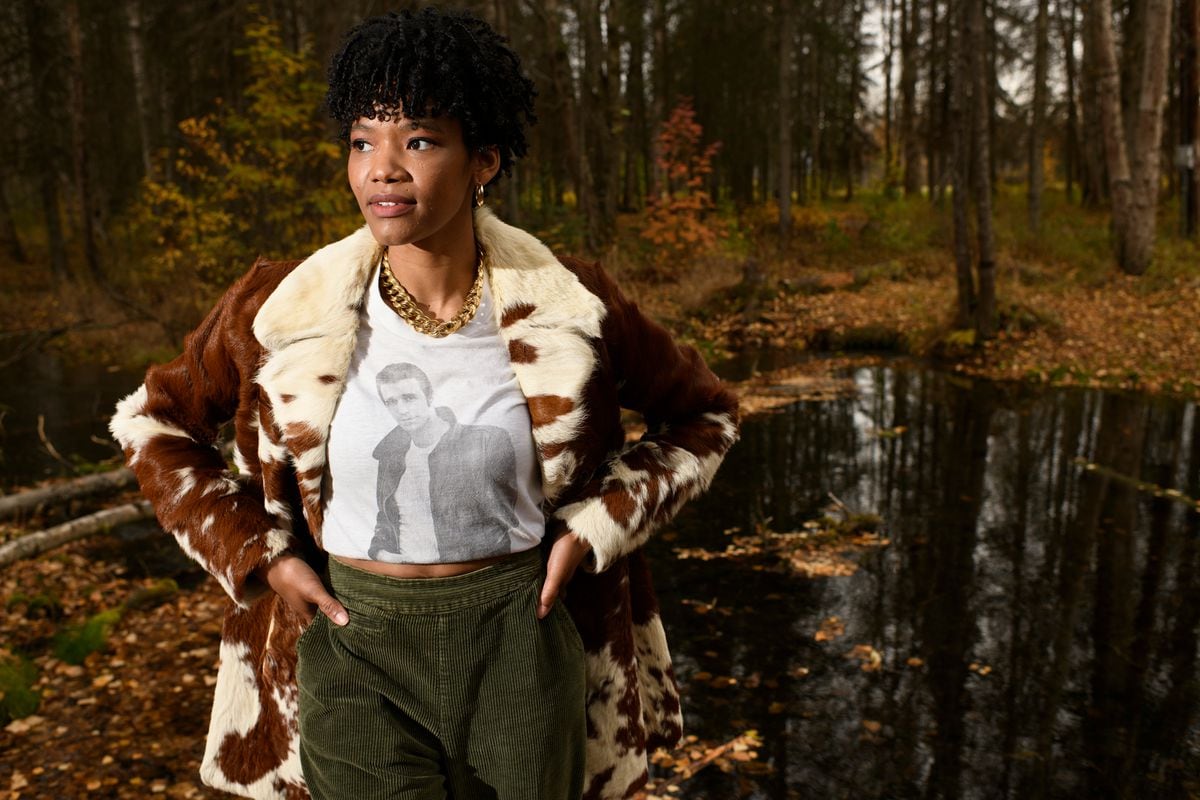The pandemic has major repercussions for the world of fashion. That could be a good thing because fast fashion can be ecologically devastating.
LULU GARCIA-NAVARRO, HOST:
Fashion is being transformed by the pandemic. NPR’s Eleanor Beardsley says the proof was on display at Paris Fashion Week.
(SOUNDBITE OF MUSIC)
ELEANOR BEARDSLEY, BYLINE: Models strutted not on a catwalk but along the Seine River in this virtual show from designer Ami. Not a buyer in sight – they’re all watching online. Viewing collections by appointment only was another way social interaction was kept to a minimum during Paris Fashion Week. Journalist Jessica Michault says the pandemic has prompted the industry to reexamine itself.
JESSICA MICHAULT: We’re talking about seasons. We’re talking about sales. We’re talking about cycles of fashion. Does it make sense to even be doing what we’re doing the way we’re doing it?
BEARDSLEY: Author and former model Dana Thomas says the world of fashion used to turn around four seasons in the four major fashion capitals – Paris, New York, London and Milan. But with the emergence of mass-produced, inexpensive, designer-copied clothing aka fast fashion, things ramped up.
DANA THOMAS: And there were just shows all the time and in far-flung places – Capri, Palm Springs, Lisbon, Havana. So everyone was getting on a plane to fly around the world for one show and then double back home.
BEARDSLEY: The carbon footprint was enormous. Designers were on a treadmill. Thomas said it’s all because of the pressure of fast-fashion retailers like Zara and H&M pumping out millions of cheap copies. Her latest book, “Fashionopolis: The Price Of Fast Fashion And The Future Of Clothes,” takes a deep look at the consequences for the environment and humanity.
THOMAS: If you knew that your blue jeans were made by a 14-year-old, barefoot standing on unfinished wood, getting splinters in their feet and not paid for overtime, working seven days a week, you might think twice about your jeans – or that they were dyed with synthetic indigo that has cyanide and formaldehyde in it and washes into the water systems. You might think twice about it.
BEARDSLEY: The pandemic has been a kind of reset button for the industry, says Pascal Mourier, who produces a fashion TV show broadcast in four languages.
PASCAL MOURIER: (Through interpreter) We’ve long known that fashion is one of the most polluting industries on the planet. But now people want to know where things come from and where they end up.
BEARDSLEY: In a dystopian video, rising design star Marine Serre showcased her new line made partly from a process called upcycling, where secondhand clothes are washed and deboned to make new styles.
(CROSSTALK)
BEARDSLEY: Helen Lambert Kennedy is a long-time buyer for international department stores. Since the pandemic, she’s moved her whole business model online. Lambert says there’s no need to run all over the planet anymore.
HELEN LAMBERT KENNEDY: And I don’t think we’ll go back to where we were. There will be fundamental changes. The real world of fashion is not supposed to be fast fashion.
BEARDSLEY: We buy five times more clothing than a generation ago, says author Thomas. And the average garment is worn just seven times before being discarded. So she says consumers have to be part of the solution.
THOMAS: Just little things like repair and rewear. Shop secondhand. Think about washing your clothes less and washing them in cold water.
BEARDSLEY: Thomas says by shopping smarter and extending the life of our clothes, we can keep them out of our landfills. Eleanor Beardsley, NPR News, Paris.
Copyright © 2020 NPR. All rights reserved. Visit our website terms of use and permissions pages at www.npr.org for further information.
NPR transcripts are created on a rush deadline by Verb8tm, Inc., an NPR contractor, and produced using a proprietary transcription process developed with NPR. This text may not be in its final form and may be updated or revised in the future. Accuracy and availability may vary. The authoritative record of NPR’s programming is the audio record.

